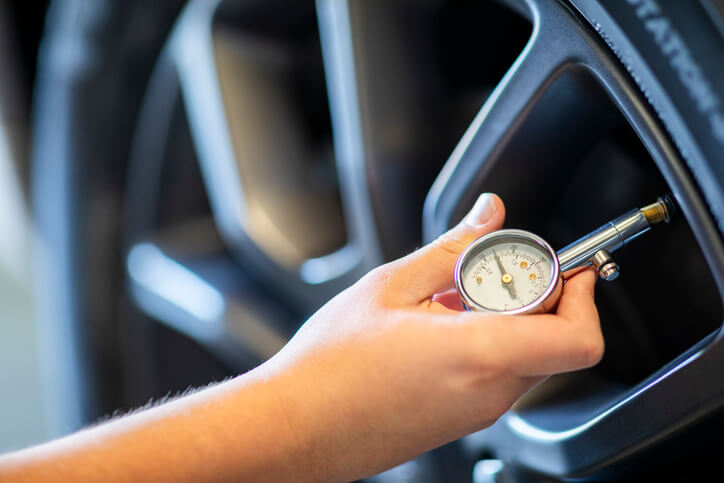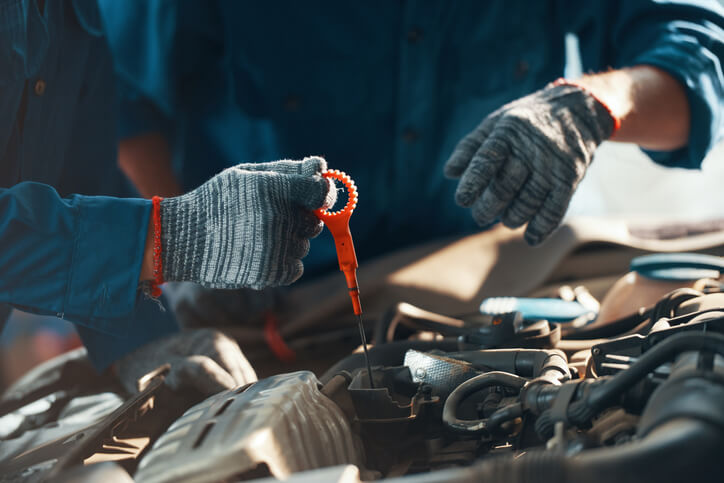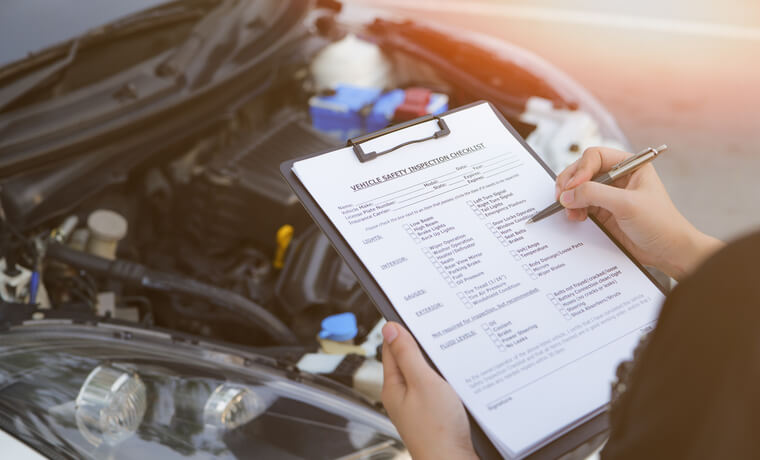From Road Trips to Repairs: Preparing Vehicles for Long-Distance Summer Driving
There’s nothing quite like a summer road trip, the open road, the music, and the freedom to explore. But before the adventure begins, a vehicle has to be ready to go the distance. That’s where auto mechanics come in.
Properly preparing a car for long-distance summer driving is essential, from checking cooling systems to inspecting tire tread. For students enrolled in automotive training at ATC Surrey, it’s the perfect opportunity to develop real-world skills that keep drivers safe and vehicles running smoothly.
Here’s a look at how mechanics and future technicians prepare cars for the heat, the mileage, and everything in between.
1. Fluids First: Cooling, Oil, and Beyond
Hot weather can put severe stress on a vehicle’s engine, making fluid checks a top priority for summer prep.
Auto mechanics start by:
- Checking coolant levels and the radiator system for leaks or corrosion
- Inspecting oil levels and recommending oil changes for long trips
- Verifying brake fluid, power steering fluid, and transmission fluid
Neglecting fluids during a road trip can lead to overheating, reduced performance, or even total engine failure. That’s why technicians trained at a reputable auto mechanic school learn to treat fluid maintenance as the foundation of summer readiness.
2. Tire Health for Heat and Highway
Tires are another make-or-break item for summer travel. As temperatures rise, tire pressure and the risk of blowouts increase.
Mechanics make sure to:
- Check tire pressure and adjust it based on the manufacturer specs and the current weather
- Inspect tread depth and look for signs of uneven wear or cracking
- Ensure the spare tire is in good condition and properly inflated
Tire rotation and alignment are also part of long-distance prep, especially if a vehicle hasn’t had recent maintenance.

3. Battery and Electrical System Checks
Heat can be just as harsh on batteries as cold. Mechanics will:
- Test battery voltage and inspect terminals for corrosion
- Check that all lights (headlights, brake lights, turn signals) are working
- Confirm the health of the alternator and starter
Even a short drive becomes a major headache if the vehicle won’t start at a scenic rest stop. This is why auto mechanic students are trained to inspect every detail contributing to a reliable ignition system.
4. Brakes, Belts, and Hoses
Road trips often involve mountain driving, stop-and-go traffic, and long hours on the road, all of which can challenge a car’s braking and engine support systems.
Key prep steps include:
- Checking brake pads, rotors, and fluid for wear or leaks
- Inspecting belts for cracks and ensuring proper tension
- Examining hoses for bulges or leaks, particularly in the cooling system
By catching potential issues early, mechanics help drivers avoid being stranded or facing expensive roadside repairs.

5. Air Conditioning and Cabin Comfort
Let’s not forget about comfort. A broken A/C system might not affect drivability, but it can ruin a summer road trip. Mechanics will:
- Test the air conditioning system’s cooling performance
- Inspect refrigerant levels and look for compressor or condenser issues
- Replace cabin air filters if necessary
Training at an auto mechanic school like ATC Surrey ensures students know how to diagnose and service mechanical and comfort-related systems, because customer satisfaction depends on both.
Hands-on Auto Mechanic Training for Real-World Road Readiness
At ATC Surrey, students in the automotive training program get hands-on experience in everything mentioned above. They learn not just how to service vehicles, but how to communicate safety priorities and seasonal risks to drivers.
Preparing vehicles for long-distance summer driving is a great example of how technicians make a direct impact on people’s lives. By applying their skills to real scenarios, like road trip prep, students graduate with both confidence and competence.
Are you looking for comprehensive automotive training?
Contact ATC Surrey for more information.


